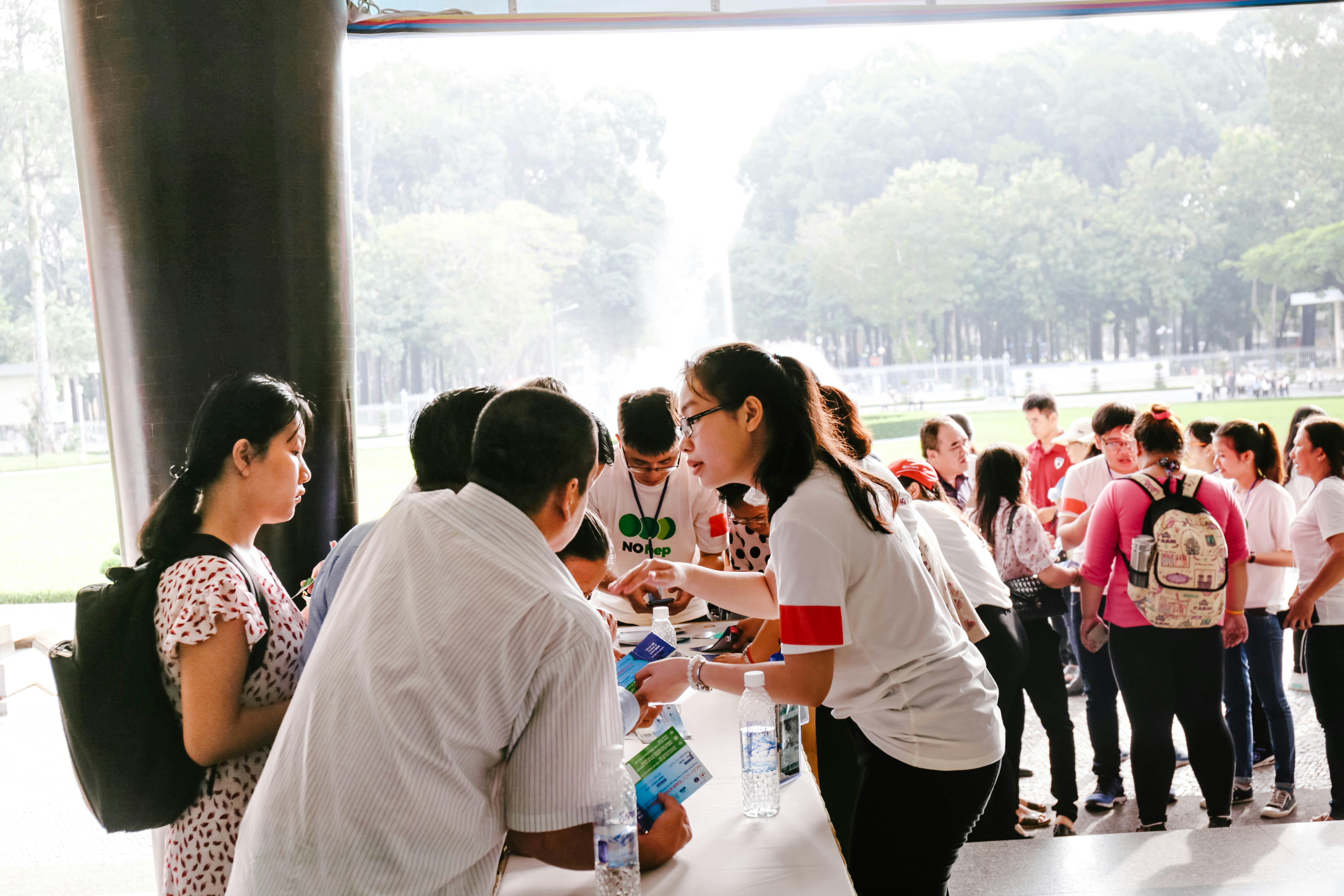
In today’s economy, where profits often outweigh people, it's no surprise that many workers feel like just another number on a spreadsheet. Yet, the irony remains: businesses rely heavily on trustworthy, hardworking individuals to drive their bottom line.
This isn’t just a critique of capitalism — it's a call to action: how can we collectively create a more equitable, sustainable work environment? Inspired by initiatives like Royong’s impact-driven campaigns, we explore how collective generosity and ethical practices can build stronger, fairer communities.
People join the workforce for many reasons — primarily to earn a living, often fueled by passion for an industry or project. At their core, most workers want their contributions to mean something.
As Mark Twain famously said, “Find a job you enjoy doing, and you will never have to work a day in your life.” Although this romanticises labour, the reality is that meaningful work is often physically and emotionally demanding.
Charity workers and volunteers exemplify the spirit of collective generosity. Every day, they organise food distributions, support shelters, run educational programs, and offer companionship — often with little recognition.
Despite the emotional and physical challenges, their passion for transforming lives through giving keeps them going. What sustains these individuals is not only seeing the tangible difference they make, but also feeling valued and supported by their communities. Platforms like Royong amplify these efforts by connecting supporters with social impact organisations that are truly making a difference.
Yet, society often overlooks the contributions of these everyday heroes. Recognising, celebrating, and consistently supporting their efforts is crucial if we want to build a world based on equity and ethical consumerism.
To create environments where everyone thrives, here are key steps we must embrace:
1. Meet Basic Needs
Fair pay, healthcare access, paid leave, and respect in the workplace are non-negotiable. Supporting fair workplace initiatives helps workers focus on creating positive impact without sacrificing their well-being.
2. Recognise That Worker Happiness Drives Success
Research from the University of Oxford found that happy workers are 13% more productive. Prioritising wellbeing is not only ethical, it’s a smart long-term business strategy.
3. Prioritise Worker Wellbeing
When businesses embed sustainability into labour practices, they create thriving environments. Employees deserve mental, physical, and emotional support — a model Royong champions through its commitment to sustainable giving and impact.
4. Strengthen Communities Through Fair Labour
Fair wages empower workers to invest in better housing, healthcare, and education, strengthening entire communities. Community empowerment starts with treating workers with dignity and ensuring their basic needs are met.
5. Reject Exploitative Systems
Short-term savings from exploitative labour models lead to long-term instability. Ethical consumerism gives all of us power — by choosing to support businesses aligned with sustainable giving and ethical labour practices, we drive real change.
6. Amplify Worker Voices
Encouraging workers to advocate for better pay, benefits, and conditions fosters inclusive, resilient economies. Royong’s model of connecting people through collective generosity shows that when everyone’s voice is heard, lasting impact follows.
It’s crucial to recognise that many workers take jobs out of necessity, not passion. Our goal must be to build systems where people can pursue fulfilling work without compromising their basic needs.
By valuing workers, embedding fair labour practices, and supporting impact-driven campaigns like those championed by Royong, we can create a future where work is meaningful, sustainable, and equitable for all.
